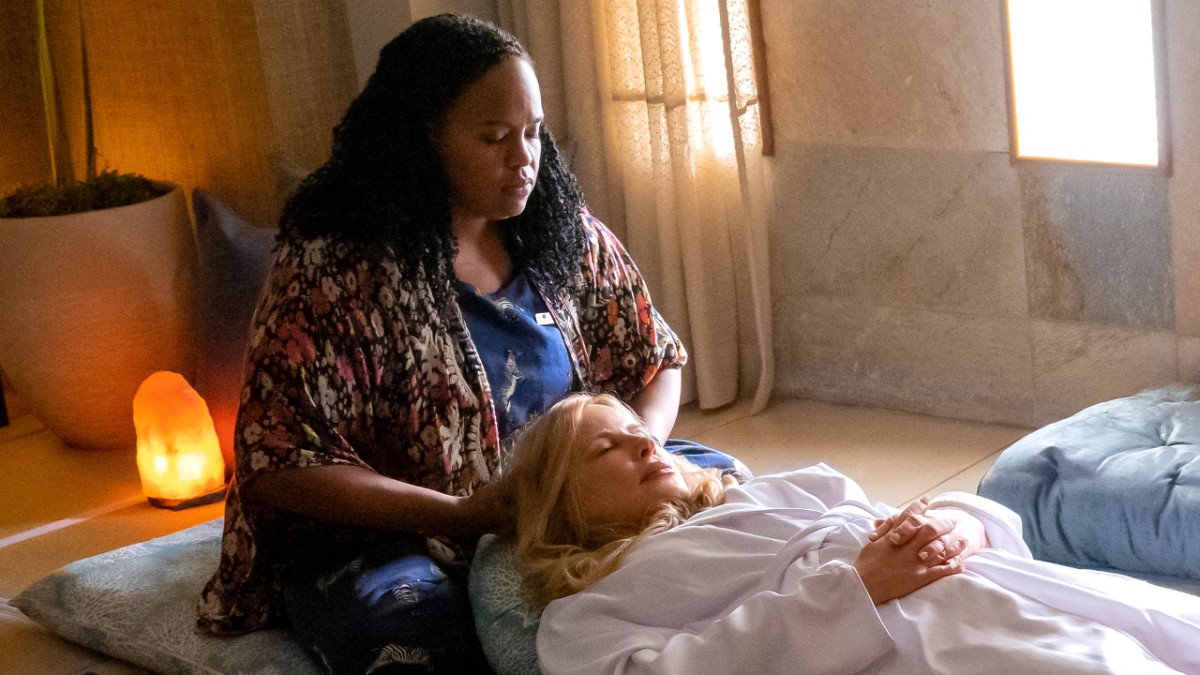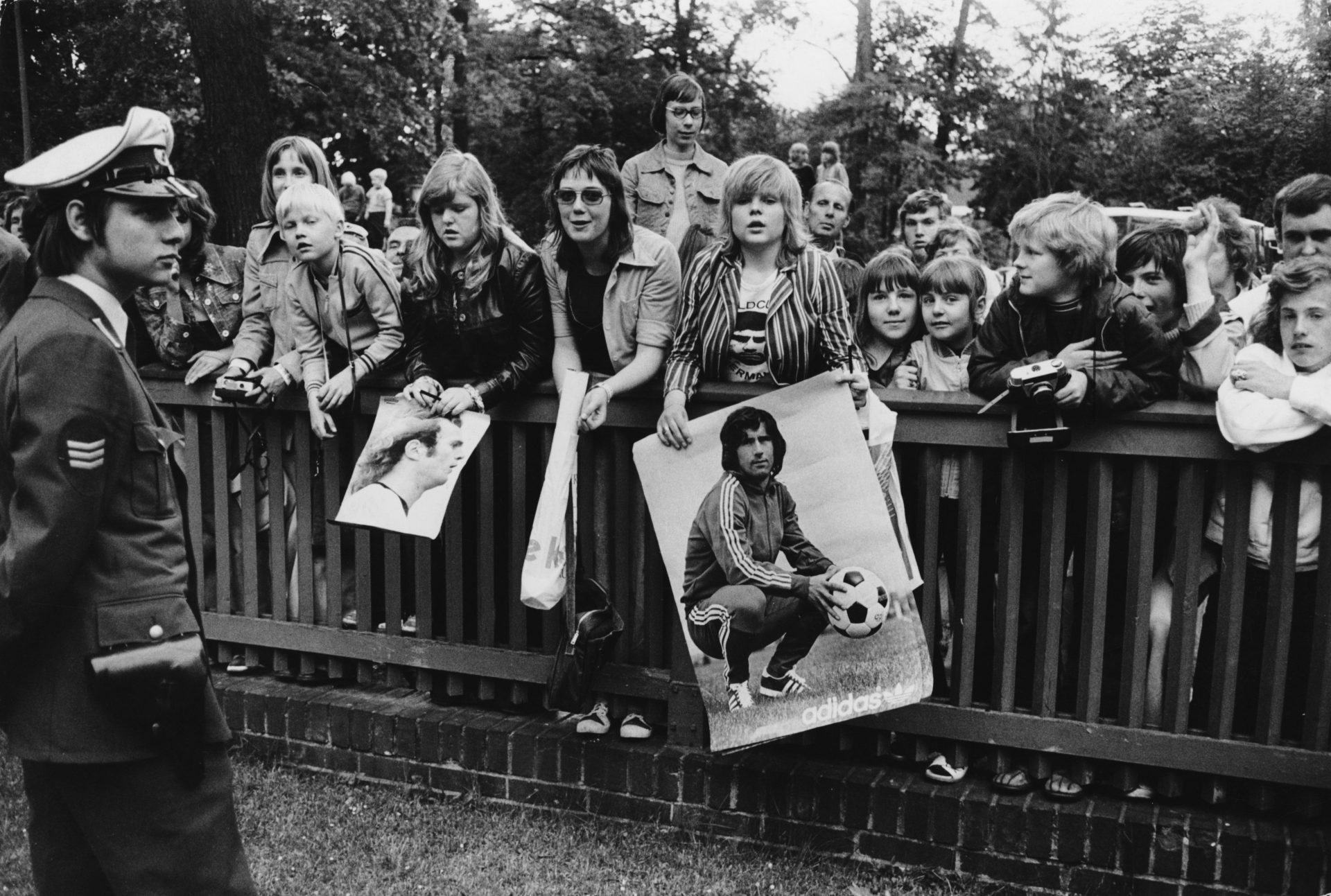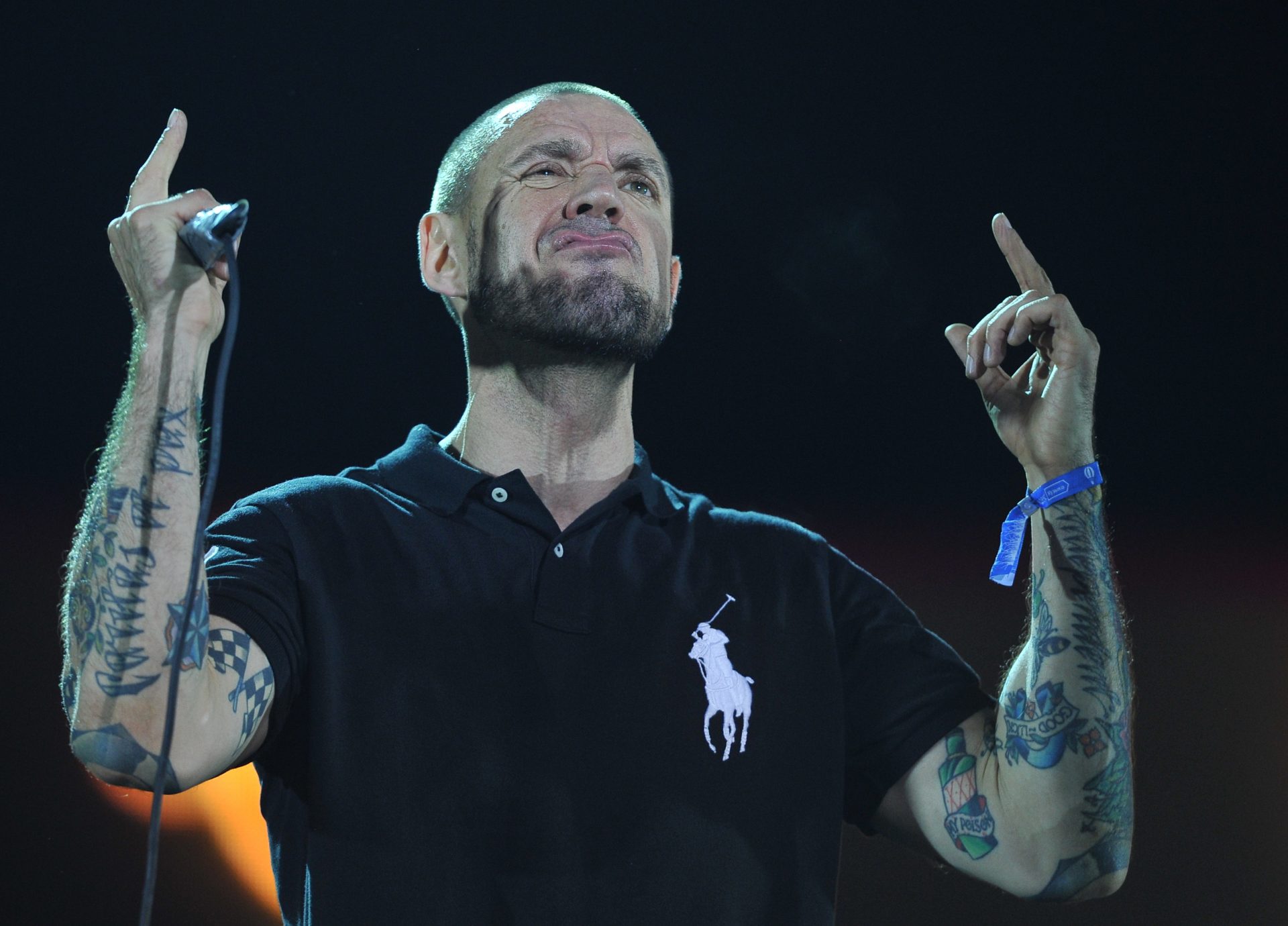We love to see the rich suffer. We love to see them doomed to writhe and squirm for once. We love to see their overwhelming advantage undermined by circumstance and luck and – best of all – their own hubris. It’s preferable if they look ridiculous, too, rather than just tragic.
This is part of why Succession is such a moreish show. It’s delicious seeing Kendall Roy, ostensibly a classic Master of the Universe – with his inherited status and money and employees to instrumentalise and terrorise at will – rendered a pathetic, needy little boy who wants nothing more than a nod of approval from Daddy.
What we want is not simple retribution for the injustice of birthrights, but something deeper. We want confirmation of the hope we foster when contemplating the super-rich, the hope that money is inherently souring, that it will drain one’s capacity for ordinary human joy completely.
The White Lotus, a buzzy new six-part dramatic comedy from HBO, has been compared to Succession in most of its reviews. Both look at a set of rich people in strained circumstances with a satirical eye, accompanied by musical scores whose grandiosity and stateliness contrast with the wretched comedy of spoilt adults disgracing themselves.
But Succession’s dominant tone is one of glee, a kind of chaotic jubilance. It isn’t that there aren’t moments of pathos or seriousness, but the baseline perspective on the obscene dynasty is one of benevolent relish. Even when the characters do terrible things the show likes them, or at least likes the fact that they exist in the world, ripe for our regard.
The White Lotus is a much more cynical bit of work. Though often funny, it is far more scathing, far more likely to make us despair than chuckle at the foibles of the wealthy.
Set at an exclusive high-end hotel resort in Hawaii over the course of a week, relationships between guests and staff are explored with impressive emotional breadth against a more immediate pulsing tension.
We know from the opening minutes of the first episode that someone has died, though this knowledge thankfully never shifts things into full whodunnit mode. More so, it allows the viewer to marvel at just how few of the guests here one would be sad to see dead.
Armond (Murray Bartlett) is the manager, flamboyant in a suitably muted fashion, highly skilled at orchestrating the hotel’s movements for a demanding and childish clientele. His friend Belinda (Natasha Rothwell) runs the spa, wearily doling out free advice to stressed guests who want a side of therapy with their facials.
Shane (Jake Lacy) is a quietly unbearable real estate rich kid, superficially amiable but simmering with a volatile entitlement. He has just married Rachel (Alexandro Daddario), a beautiful lower middle class journalist whose mediocre career and hasty marriage have begun to niggle away at her.
Shane’s upset at having been allocated the wrong room is one of the crucial agents of chaos in this week from hell – his mother booked the Pineapple suite but – wouldn’t you know it – Armond has only gone and chucked them in the paltry second-biggest suite.
Shane battles with him over this grave and unforgivable insult, first using his charm and then escalating threats. The dynamic between the two is one of the more brilliantly rendered displays of rich person madness.
The rich person at this level has more money than they could ever need. The rich person would find it difficult, even if they longed to, to truly hanker after something. All of their desires have been well-established and long-anticipated.
When something goes awry, this is not only unacceptable but also somehow thrilling. Never having to worry about money often means that life, no matter how pleasant, lacks dynamism and surprise, and an excuse to kick up a fuss is one little morsel of genuine action. That this impulse has worse consequences for the service worker subject to it than for Shane will surprise nobody.
CEO Nicole Moss (Connie Britton) is high on the potent neoliberal Girl Boss fumes which have helped propel her obscene personal wealth, with husband Mark (Steve Zahn) newly grateful for life after a cancer scare. Their children are Quinn (Fred Hechinger) a frazzled teenage boy lightly bullied by older sister Olivia (Sydney Sweeney) who is a faux-jaded, arrogant college student. Olivia has brought along her friend, Paula (Brittany O’Grady), who is – notably amongst the guests – mixed race and whose schooled glaciality is at least as accomplished as Olivia’s and at least a little harder earned.
The Moss family with their Paula addendum are the site of some of the show’s most exquisitely icky moments. Here are educated, liberal white people. They know the right words. They perform the right little speeches, unthinkingly sigh their little sighs over how they got to be where they are.
Initially, I found Olivia and Paula a little awkward to watch, trotting out hype Twitter lingo in a manner which read robotically, like a committee of old guys trying to imagine what a hot young leftist would sound like nowadays. But soon it appears that this creepy automated social justice spiel is intentional, a way to demonstrate how easy it can be nowadays to digest the necessary linguistic tricks while doing nothing to change any of the circumstances your words are supposedly critiquing.
In fact a mastery of these terms, learning the reflexive linguistic tricks, is what helps maintain the status quo instead of taking it down. When Paula is disturbed by watching local Hawaiians do traditional dancing for the mostly white guests, Mark tells her: “Obviously, imperialism was bad. But it’s humanity. Welcome to history. Welcome to America.” A helpless, insipid shrug is as good as these people can do, and for even that they expect a standing ovation, a humanitarian award.
As the violence and discord of the week fades into the next, the Sisyphean task of service labour, of sustaining the unsustainable, kicks back up again, the staff standing on the dock waving and smiling and smiling and smiling as though their hearts couldn’t be fuller.




